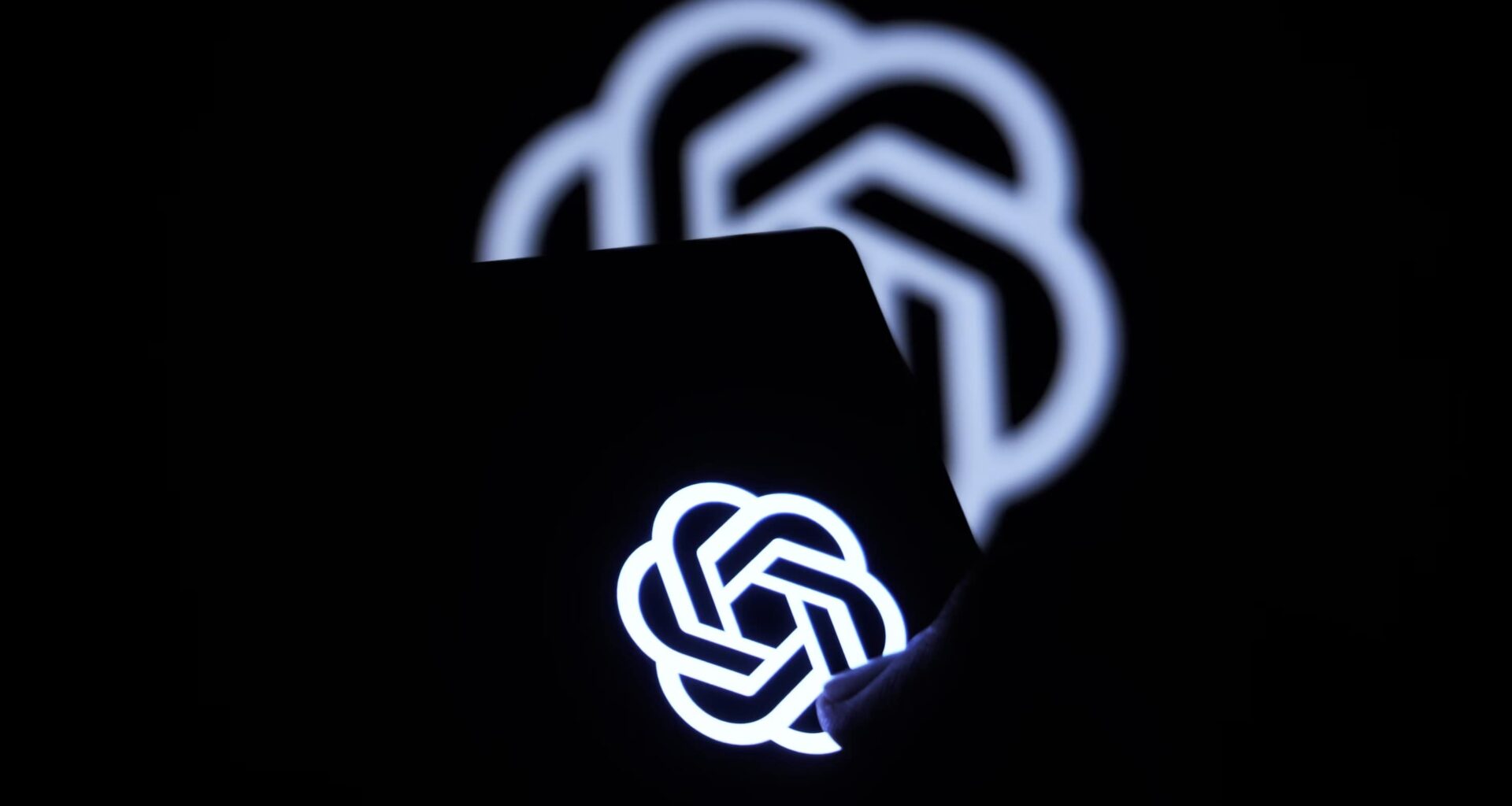Keeping up with every news article can be a difficult and time-consuming undertaking. Considering this, the editorial staff at Vocable has deliberately launched a weekly compilation targeted toward AI enthusiasts looking for brief updates on noteworthy advancements in the industry.
As a result, each Thursday, we will showcase a carefully chosen collection of important AI-related news.
Today’s topic includes:
- OpenAI Introduces GPT-4 Turbo
- AI Should Be Better Understood and Managed
- OpenAI Wants Everyone to Build Their Own Version of ChatGPT
- The UK’s Fastest AI Supercomputer Is Now a Reality
- Why Do AI Image Generators Give Biased Results?
- Elon Musk Announces Grok, a ‘Rebellious’ AI With Few Guardrails
1. OpenAI Introduces GPT-4 Turbo, Platform Enhancements, and Reduced Pricing
OpenAI’s latest release, GPT-4 Turbo, offers enhanced features and reduced pricing to benefit developers and users. This upgraded language model can understand events up to April 2023 and handle over 300 pages of text simultaneously, making it cost-effective with substantial token pricing reductions. It also introduces the Assistants API for advanced AI interactions in applications.
Furthermore, GPT-4 Turbo now incorporates image processing, text-to-speech functionality, and DALL·E 3 for image generation. The pricing is considerably lower, with input costs reduced by three times and output token costs by two times. OpenAI has also introduced Copyright Shield to cover legal expenses for ChatGPT Enterprise and developer platform users facing copyright claims, ensuring comprehensive user support.
Read More at Artificial Intelligence News
2. AI Should Be Better Understood and Managed – New Research Warns
A Lancaster University scholar points out that AI and algorithms could increase extremism and societal divisions. Professor Joe Burton, specializing in International Security, suggests that beyond their use in thwarting online threats, these technologies might contribute to societal issues like polarization and violence. He notes the role of portraying technology as a dire threat in its design and negative impacts. His study, published in a prestigious journal, investigates AI’s historical perception and role in exacerbating conflicts, referencing how films like ‘The Terminator’ have shaped public understanding and fears about AI.
Read More at Science Daily
3. OpenAI Wants Everyone to Build Their Own Version of ChatGPT
OpenAI encourages everyone to create their personalized ChatGPT. At their first developer event, they announced new tools that make it easy for anyone to develop their chatbot, even without programming knowledge. OpenAI now lets you tailor a chatbot to your needs, such as learning games, teaching math, or creating art, simply by describing your goal to ChatGPT, which handles the technical work. These custom chatbots can connect to various services, perform data searches, and automate tasks.
OpenAI also creates a marketplace for these chatbots, where creators can sell their specialized GPTs. ChatGPT Plus or Enterprise subscribers can start building their bots now, with companies like Amgen, Bain, and Square already using custom bots.
Read More at Wired
4. Dell, Intel and University of Cambridge Deploy the UK’s Fastest AI Supercomputer
Dell, Intel, and the University of Cambridge have teamed up to launch the UK’s fastest AI supercomputer, Dawn Phase 1. This powerful machine is a significant step towards exascale computing, which can perform a quintillion calculations per second. It is part of the UK’s AI Research Resource for cutting-edge research across various fields like healthcare and energy. A future upgrade, Phase 2, is expected in 2024 to boost performance further. The complete facts will be revealed at the upcoming SC23 conference, but this development is expected to propel scientific discovery and AI growth in the UK to unprecedented heights.
Read More at Artificial Intelligence News
5. Why Do AI Image Generators Give Biased Results?
ChatGPT explores implicit bias by revealing the complex network of unconscious beliefs that influence our perceptions. These societal norm-based biases permeate AI systems, impacting how the system perceives and reacts to inquiries.
The biased way concepts are represented in picture searches is one way this prejudice manifests itself in practice. For example, the idea that leadership is mostly associated with white men and happiness with male figures raises worries about the perpetuation of stereotypes. The AI’s display of these biases highlights the fundamental problem of structural inequity and the accidental reinforcement of biased ideas.
The findings of Mayra Chang and Ria Kaluri illuminated the mechanisms underlying these biases. They clarify that enormous datasets from the internet are used to train generative models like ChatGPT.
In their investigation of the picture data’s beginnings, Ria and Mayra raise whether biases are limited to user-generated content or exist in more formal sources such as trade journals. This investigation deepens the picture by raising questions about the larger cultural representations and societal institutions that underlie the biases embedded in artificial intelligence.
Watch More at CBS News
6. Elon Musk Announces Grok, a ‘Rebellious’ AI With Few Guardrails
Elon Musk’s company, xAI, has introduced Grok, a new AI designed to answer questions humorously and with fewer restrictions than other AIs. It’s built on a 33-billion-parameter language model and claims real-time knowledge through the X platform, acquired from Twitter for $44 billion in 2022.
However, concerns arise about Grok’s safety, as it may not adhere to the same content guidelines as most AIs, potentially supporting harmful actions or discrimination. Questions also surround Grok’s data source and training methods. While benchmark tests are promising, it must be clarified if Grok is more receptive to improper requests.
A limited user base has tested Grok, and will soon be available to X Premium+ subscribers. xAI aims to address AI development challenges, such as bias mitigation and defense against malicious use.
Musk supports unbiased AI and sees Grok as a step in that direction, but needs more clarity on its specific applications and profitability.
Watch More at Wired
What’s Next?
To sum up, from OpenAI’s GPT-4 Turbo to Elon Musk’s experimental Grok, the industry continues to evolve exponentially.
Stay tuned as we continue monitoring the latest advances in the field of artificial intelligence, delivering the most interesting and juicy news to your judgment.





